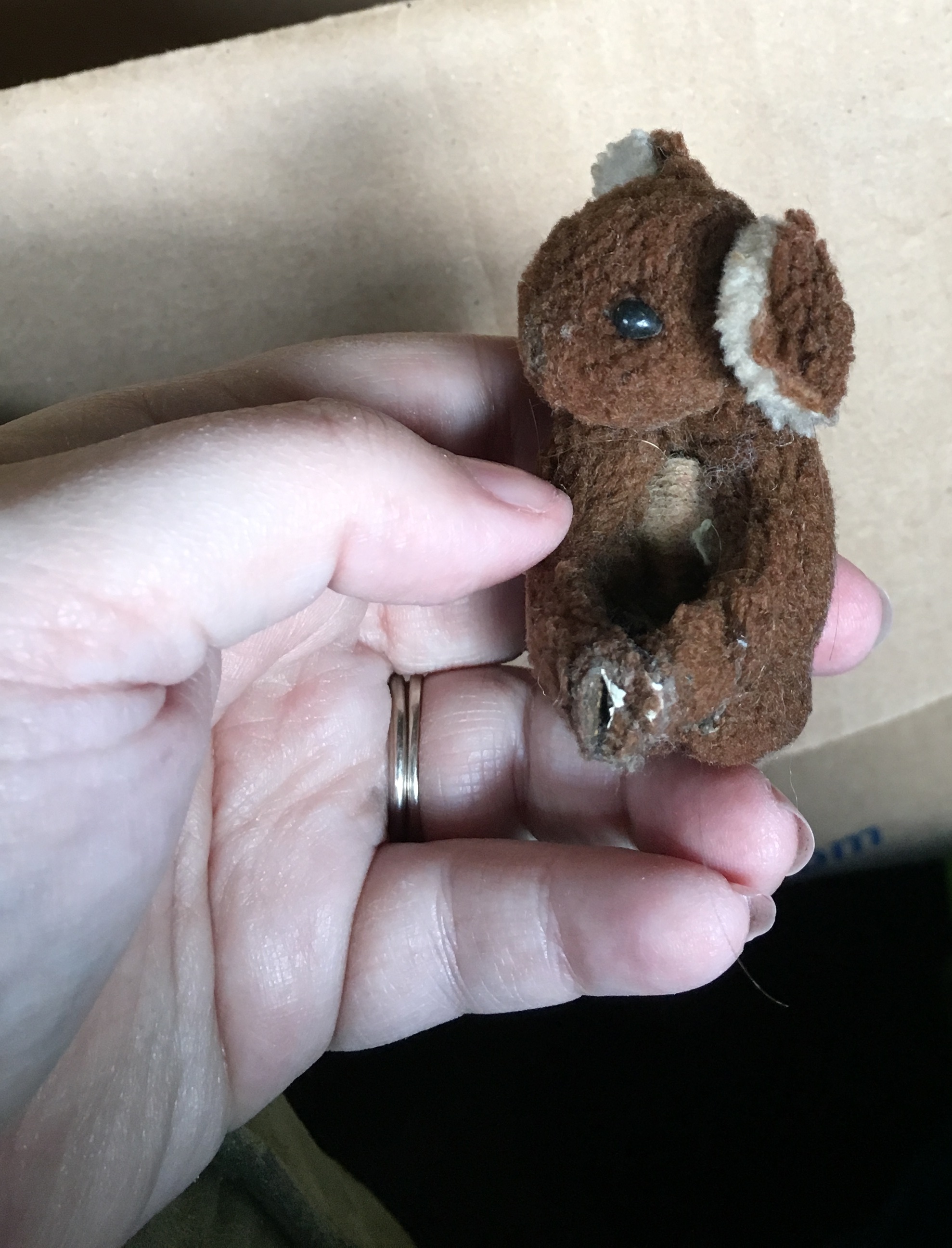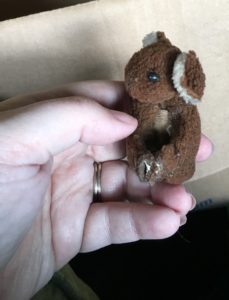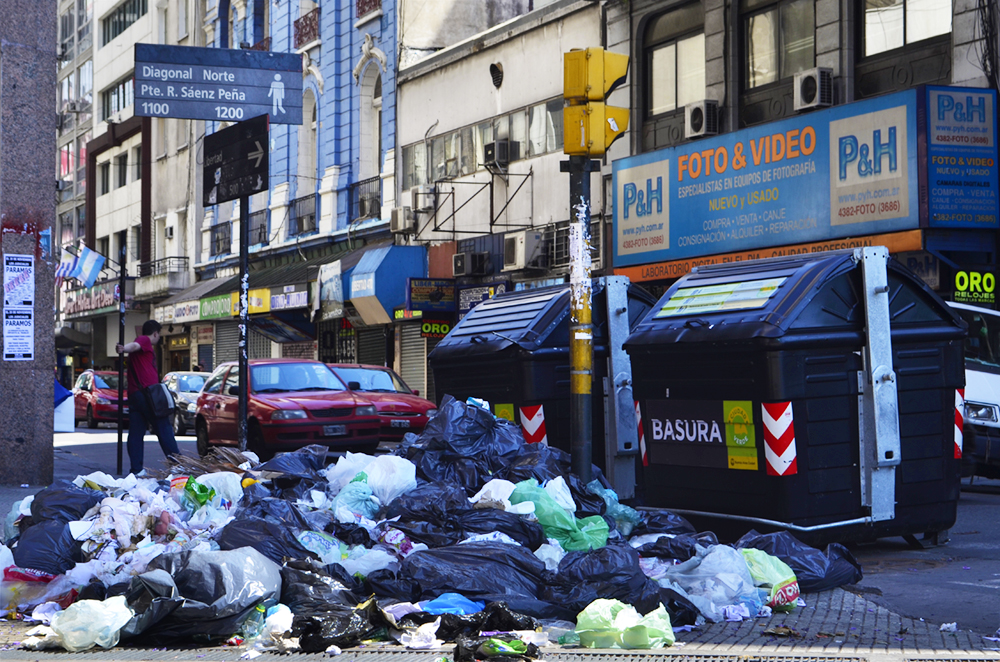Dear Folks Decluttering Their Home,
I want to talk for a minute about decluttering responsibly because I feel like that’s not happening right now. Everyone from your parents to your neighborhood mail-person is decluttering their homes after watching the new hit Netflix show, Tidying Up with Marie Kondo.
I will admit that I’ve always had a love/hate relationship with purging clutter from my home. Part of that comes from moving A LOT. In my forty-one years on this planet, I’ve rarely lived anywhere for longer than 2-3 years at a time. My husband and I have lived in Seattle for 6 years, during which we’ve moved four times. With that much moving, you learn to live lighter than most people, and if you do accumulate belongings, you learn to purge them from your life before or after a move.
I think it’s awesome that more people want to examine the items in their homes. Objects by themselves don’t enrich our lives the way people do, but they can and do remind us of those people and those memories we hold dear. While I personally find the phrase “spark joy” to be rather cheesy, there is merit to the concept that the objects we possess should be ones that:
- serve a purpose (e.g. our refrigerator or bed)
- have a personal meaning behind them (memorabilia)
- bring us closer together with friends and family (such as board games for board game night, etc.)
- allows us to form new memories
The above koala bear is 50 years’ old. He was my aunt’s before she gave him to me. I found him while unpacking during our last move. He was a bit worse for wear after the years, but seeing him brought back fond memories of my grandmother’s house in Michigan. Despite keeping him for 37 years, I didn’t regret throwing him away last move. He was literally falling apart in my fingers. Besides, the memories would continue to live in my brain. Along with him, I threw out many objects we didn’t need in our lives, and as spring approaches, I find myself decluttering our home once again. I tell you this to say that I’m guilty of the problems I’m about to discuss. If I’m to continue to declutter responsibly, I need to be willing to admit when I mess up. As should you.
Our society places value on what we own. Some call it “Keeping Up with the Joneses,” though I suppose it’s probably now referred to as “Keeping Up with the Kardashians.” (Ugh) One look at celebrities shows us that success is often measured by the size of your home and the number of cars you drive. If your neighbor has a Tesla, somehow it looks bad if you don’t have one, too. (Insert eye roll here)
We make money in order to buy more cheap, plastic stuff from Wal-mart or Amazon, only to “purge” it 3-6 months down the line and claim themselves a changed person–at least those of us not entrenched in abject poverty. We’re materialistic to a fault, and that doesn’t change with a decluttered house. But is this our fault?
Fashion trends encourage us to get what’s IN this season and toss out what’s not in vogue anymore. Clothing made cheap doesn’t last so even if we ignore fashion trends, we’re tossing our clothing in 6 months if we’re lucky because repairing torn seams is time consuming. If the TV breaks, it’s cheaper to buy a new one rather than repair the old one. Technology changes fast these days. It often feels like we’re forced to buy a new phone every few years due to the creation of failing tech that dies a few months out of warranty. We are encouraged to buy new because it’s shiny!
Out with the old; in with the new.
Many of the show’s episodes demonstrate our need for more stuff. Several participants had enough clothes to several rooms, some of which had never been worn or had only been worn once. The shopping tags were still attached to clothing hanging in their closets. What sort of privilege do we have that we can buy clothes we will never wear, while some people lack a basic winter coat or shoes?
Self-examination must be a part of our decluttering.
If you’re throwing something away, ask yourself why? Is it worn out or did you never need it in the first place? Examine why you buy objects–what purpose do they serve in your life? Sure–go ahead and ask if they will bring you joy to own them. I’m not saying you can’t buy that Wonder Woman Funko Pop if it makes you happy, but if you buy it, how long will you keep it? Will looking at this Funko Pop add meaning to your life, and if so, how? Examine your purchase habits and see if you can spot moments of weakness where you bought something in order to fill an emotional need.
Another part of our decluttering is the examination of where our clutter goes.
When we drop our clothes off at Goodwill or in the little green or blue bins scattered around town, we love to imagine that someone in need in our neighborhood will give our clothing a second life, but the reality is, most of our clothing is exported elsewhere where it is recycled or resold, often to the detriment of that country’s natural economy or ecological system.
In fact, due to our stuffed closets and fast, cheap fashion ideals, Americans donate far more textiles to charities than can actually be sold at those charities. “According to the Council for Textile Recycling, 80 to 90 percent of donations to charities are sold to recyclers. From there, 45 percent is exported for reuse — mainly in Africa and Asia — and about 50 percent is recycled” (Source: Ready-to-Waste: America’s Clothing Crisis). Even worse, those that don’t donate, end up throwing their clothes away. It’s reported that 9% of a city’s solid waste is clothing that could have been donated.
The average American throws away “81 pounds of clothing every year.” That’s a small child, folks.
Of course, this doesn’t get into the electronics, books, magazines, toys, and other things you might get rid of during your declutter. Rather than tossing an old pair of glasses, donate them! Look up where you can recycle electronics rather than sticking them in the trash. Check out if the local library could use your books or the local prison. (Yes, prisons absolutely need and want your books!) See if there are women’s shelters in the area that have need of your castoff’s or if the local children’s hospital could use your games/toys for those stuck there for medical treatment.
Decluttering responsibly is more than asking if an object “sparks joy,” then thanking it and tossing it into a trash bag. Way too many of those on the show had trash bags of stuff lining their curbs rather than donating! Like them, too many of us throw objects away without thinking about where our trash goes or who we could be helping by donating the object. But this step is only half the battle.
We should also be asking ourselves what more we can do as a society to buy and consume less, to break our habits of buying what we don’t need to live fulfilling lives. Now go clean out your pantry for your local food bank.
P.S. Marie Kondo has been around long before the Netflix show. She may have even addressed these issues in her books. I’ve not read them, so I don’t know. I can only speak to my thoughts after seeing the show. Declutter responsibly.






One Reply to “Dear Folks Decluttering Their Home”